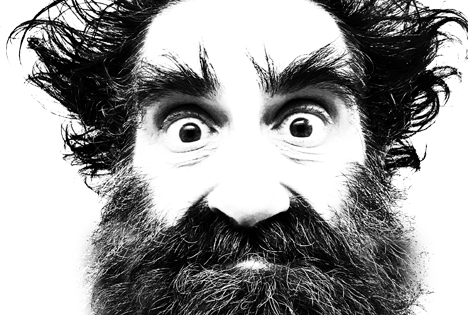IN SOLIDARITY
We raise our voices in solidarity with the Black Lives Matter movement and other struggles to end the dehumanization of all people of color. We name the immense pain and grief of black families who have lost their loved ones to systemic anti-black racism and say their names. Oscar Grant. Trayvon Martin. Tamir Rice. Kendra James. Sean Bell. Eric Garner. Michael Brown. Alton Sterling. Laquan McDonald. Freddie Gray. Walter Scott. Philando Castile. Sandra Bland. Ahmaud Arbery. Sean Reed. Breonna Taylor. George Floyd. And countless others. We raise our voice to demand change and accountability, to speak out about injustice, and name our commitment to center justice in our work.
Additionally, we stand in sorrow and solidarity with Asian and Asian-American communities, who have been facing an escalation of racist attacks, including the recent horrific shootings in Georgia, in which anti-Asian racism compounded with misogyny resulted in the murder of eight people. People of Asian descent have been in this country for more than 160 years, and since the first moment they entered, have been the targets of violence. And more recently, since the start of the COVID-19 pandemic, Asian-Americans across the country have been targeted and blamed for the virus. Since the start of the pandemic, almost 4,000 cases of anti-Asian attacks have been reported, a 150% increase from the previous year. And many still wonder whether the horrors of March 16 were racially motivated. As Jenn Fang, founder of the Asian-American feminist blog, Reappropriate, wrote on Twitter, “People on here literally debating if this was a misogynistic attack against women or a racist attack against Asians. What if — wait for it — it was both.” We condemn these attacks and the racist and misogynistic rhetoric that fuels them. As we mourn those who were lost, we also affirm our commitment to becoming an anti-racist organization and working towards a more just society.
DIVERSITY EQUITY AND INCLUSION
Though we are a community of white, asian, lantinx, black and indigenous folx, we are also predominantly white, and so is our audience. And we also name that there are very few black voices in the community, both on and off-stage. That means we, as an organization, have different work to do. And though we have a diversity program, there's more to be done. We are working to examine ourselves and our practices through the lens of diversity, equity and inclusion; and asking ourselves how do we center voices of color, particularly black voices. We know we will falter, and we will stand in that feedback. We invite you, our community members, into the conversation. Please use this form if you have any feedback, comments or suggestions. We are committed to staying on this path and making it a lifetime practice, so we are proactive and not reactive.
Our job as artists is to reveal our collective humanity and play. Nelson Mandela once described the African concept of ubuntu – or, I am because you are – as “the profound sense that we are human only through the humanity of others.” As artists we strive to reveal our collective humanity, and we can't continue to do that until we reclaim humanity for all.
